Join getAbstract to access the summary!
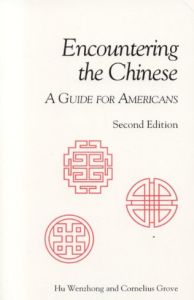
Join getAbstract to access the summary!
Hu Wenzhong and Cornelius Grove
Encountering the Chinese
A Guide For Americans
Intercultural Press, 1999
What's inside?
When the individualistic American meets the collective-minded Chinese, the Yank should be punctual, polite and aware.
Recommendation
If you are going to China and seek a better understanding of the courtship between East and West, Hu Wenzhong, who is Chinese, and Cornelius Grove, who is American, wrote this culture-bridging book for you. They clearly reveal not only the differences between Chinese culture and the Western culture, but the origin of many of those differences. They explain both history and culture as a context for contemporary social standards, from practical etiquette to how to conduct yourself on a daily basis as you travel, live or work in China. The authors accomplish their explanatory goals, avoid silly generalities and give the visitor just enough knowledge to avoid being completely humiliated. When you read this, you’ll have a framework for determining what else you need to learn before you go. Meanwhile getAbstract.com highly recommends this very readable, consistently interesting book.
Summary
About the Authors
Hu Wenzhong, president of the China Association for Intercultural Communication, was visiting professor at Pennsylvania State University at Harrisburg. Associated with the Beijing Foreign Studies University, he is a Fellow of the International Academy for Intercultural Research. Consultant and trainer Cornelius Grove teaches understanding other cultures. He was a visiting professor at Beijing Foreign Studies University.









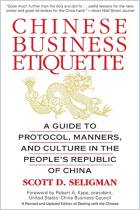
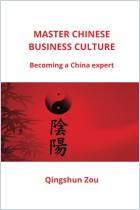


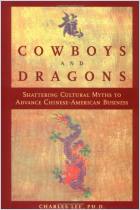
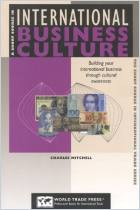








Comment on this summary